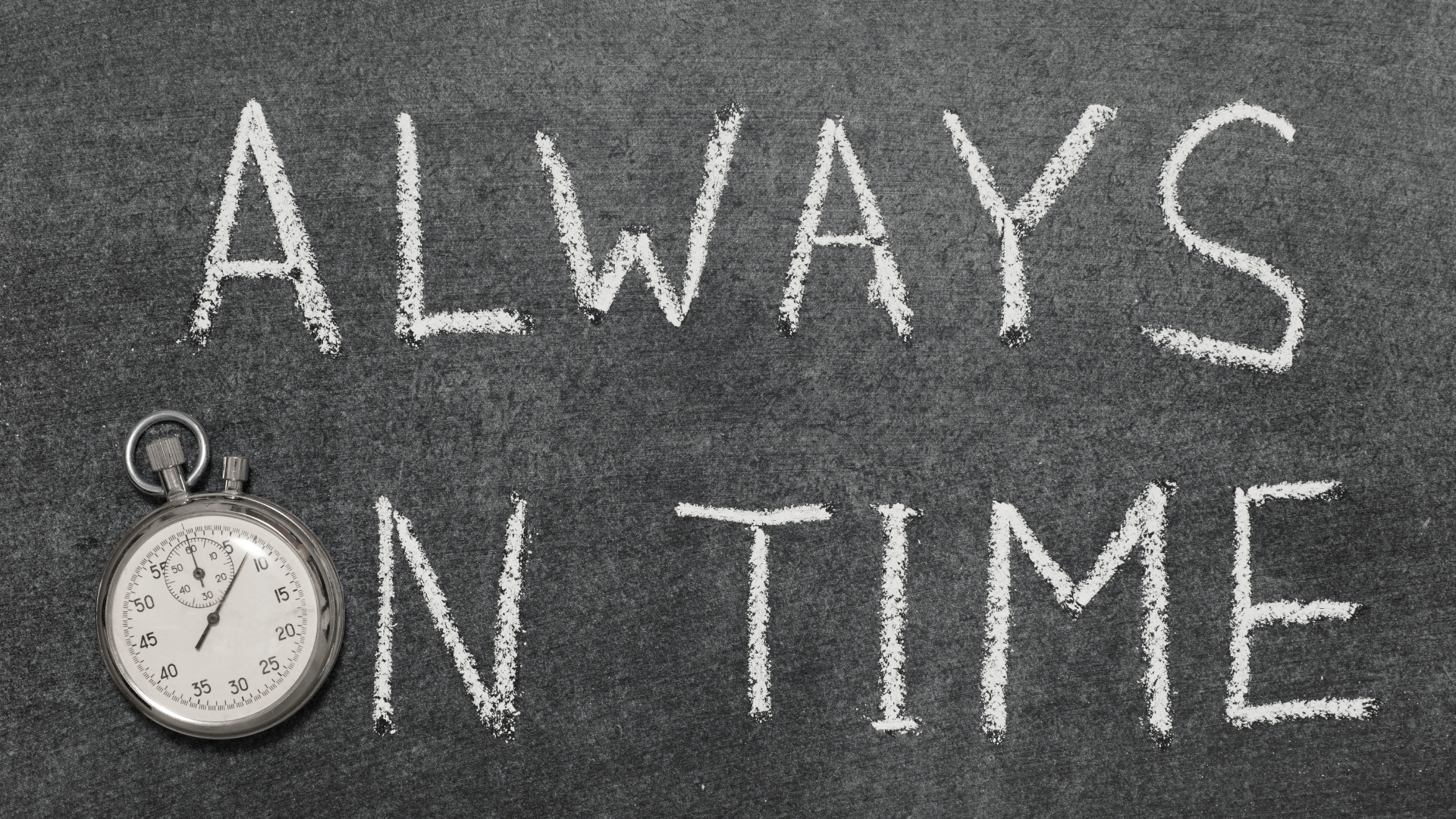I have a friend who always complains about the endless meetings he has to attend with his bosses. Most of the time, the bosses are the only ones who speak up because they are the only ones who know the problem and how to resolve it. Meanwhile, my friend attends these meetings without understanding what is happening. They are not participants but merely an audience. Worse, these long meetings often devolve into “chismisan” sessions—idle gossip and irrelevant chatter—rather than focusing on solving the actual problems. This situation wastes time, prevents my friend and others from being productive, and often disengages them from their peers.
This frustration is common but it doesn’t have to be the norm. Drawing from my experience in training with various clients, I’ve observed some effective communication and collaboration norms that can transform meetings from time-wasters into productive sessions.
Communication Norms for Effective Meetings

Invite Only the Involved.
To prevent wasting time, only invite those who are directly involved in the meeting’s agenda. This keeps the group focused and productive, ensuring that discussions are relevant to everyone present.
Punctuality.
Time is valuable. Make it a habit to start and end meetings on time. This shows respect for everyone’s schedule and helps maintain focus and productivity.


Start with the Objective.
Begin every meeting by clearly stating its objective. Why is this meeting happening? What do you hope to achieve? Make sure to invite only those who should be involved. This ensures that everyone present has a purpose and can contribute meaningfully.
Collaborate and Share Ideas.
Create an environment where everyone feels comfortable sharing their ideas. Encourage collaboration and be open to accepting ideas from others. This fosters a sense of ownership and engagement among team members.


Disagree but Cooperate.
Encourage open dialogue and disagreements during the meeting, but ensure that by the end, everyone agrees to cooperate. Achieving buy-in from all participants, even if they disagree with certain ideas, is crucial. Avoid overcommitting by saying “Yes” when you mean “No.”
Celebrate Success.
Recognize and celebrate the achievements of your team members. Acknowledging success boosts morale and motivates everyone to continue performing well.


Address Issues Privately.
If there are issues to be addressed, do so privately. Scolding or criticizing someone in front of others can be demoralizing and counterproductive. Do one-on-one conversations to discuss problems and find solutions.
Implementing these norms can transform your meetings from monotonous and draining to engaging and productive. By fostering a collaborative and respectful environment, you can ensure that every meeting has a clear purpose and that all participants feel valued and heard. Remember, the goal is to make meetings a tool for progress, not a barrier to productivity.
Learn how to lead productive meetings through ExeQserve’s Workshop on Managing Productive Meetings. Call us today at 8459-9603 or email us at information@exeqserve.com.
About the Author
Paolo Kier Ablaza is ExeQserve’s dedicated Training Coordinator, committed to delivering high-quality and enjoyable training sessions. He supports the training facilitator, ensuring that learners acquire valuable skills in a fun and engaging environment. An aspiring trainer, Paolo’s passion and meticulous attention to detail make him an invaluable asset to the ExeQserve team.









